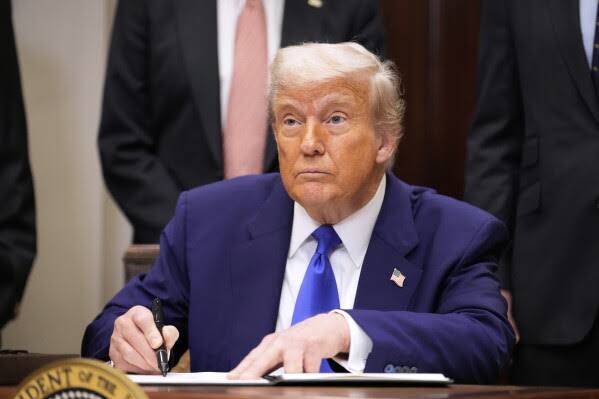News Investigators/ President Donald Trump on Monday signed a sweeping executive order giving drugmakers 30 days to voluntarily reduce the cost of prescription drugs in the United States, or face new federal pricing limits.
“The cost of prescription drugs must come down, or there will be consequences,” Trump said during a morning news conference.
“We’re going to equalise. We’re all going to pay the same. We’re going to pay what Europe pays.”
The executive order directs the Department of Health and Human Services, led by Robert F. Kennedy Jr., to negotiate lower drug prices within the next month.
If agreements were not reached, Kennedy would be tasked with drafting a new rule that tied U.S. drug prices to the lower prices paid by other countries.
While the move marked an aggressive push to lower drug costs, its impact on Americans with private insurance remained unclear.
The federal government’s strongest influence over drug prices lied in Medicare and Medicaid, where it controlled significant purchasing power.
The announcement came just hours after the Republican-led House unveiled a plan to cut 880 billion dollars from Medicaid, raising further questions about the long-term impact of Trump’s order on healthcare affordability.


